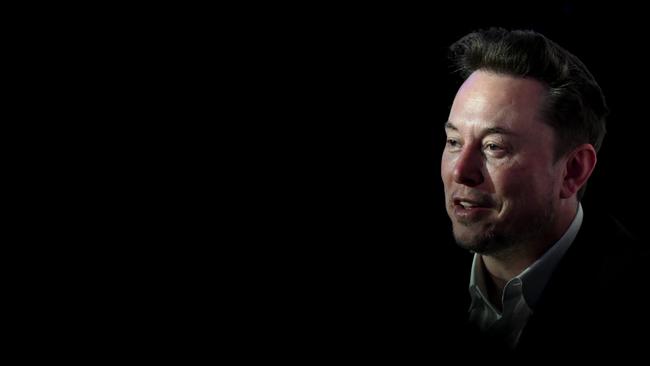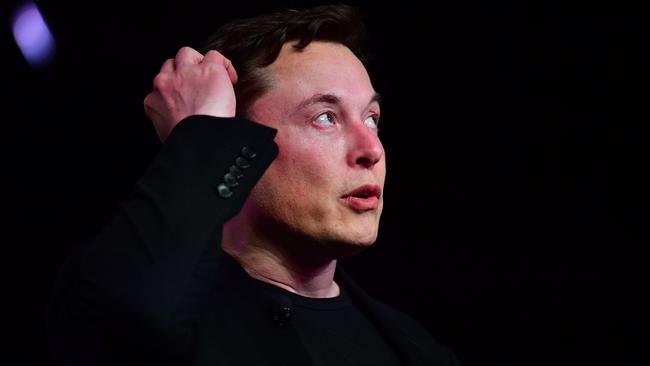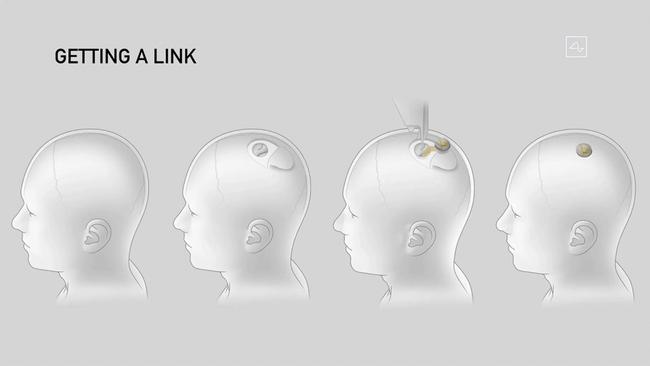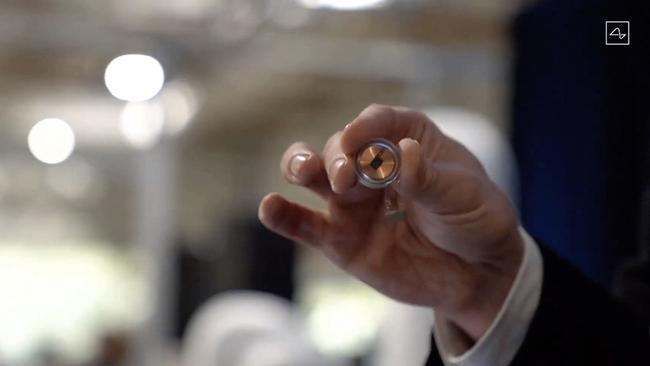Elon Musk says Neuralink has implanted brain chip in human
No details about the patient were given, but Musk said the person is ‘recovering well’

Elon Musk said that the first human received a Neuralink brain implant, a potential milestone in the development of “brain-computer interface” technology that could one day help those suffering from debilitating conditions such as paralysis to interact with their surroundings.
The first human received an implant from @Neuralink yesterday and is recovering well.
— Elon Musk (@elonmusk) January 29, 2024
Initial results show promising neuron spike detection.
Musk tweeted late Monday that the patient received the implant the prior day and is “recovering well,” suggesting that the surgery was completed successfully and that there were no serious technical problems. Musk didn’t disclose details about the patient. When Neuralink announced last September that it was recruiting a trial participant it said it was looking for someone suffering from quadriplegia.

Musk added that initial results show promising “neuron spike detection,” suggesting further that the Neuralink device is detecting signals from individual neurons inside the brain, a potential advance that could decode higher-quality brain signals. Musk didn’t say how many neurons the company’s device is detecting. The company didn’t provide detailed safety and efficacy data that would be needed to gauge the success of the implant, researchers said.
Neuralink competes with a handful of other brain-computer interface companies. Rival startup Synchron has developed a stent-like device that it has implanted inside the jugular vein on top of a patient’s brain, but not inside brain tissue itself. Another company, Precision Neuroscience, has temporarily implanted its microelectrode array in six patients in order to capture test data before removing it. The device is one-fifth the thickness of a human hair and is designed to sit on top of the brain.

Blackrock Neurotech has an older device that has been safely implanted in many patients, who have been able to eat, send emails and operate robotic arms by thinking, the company has said.
Founded in 2016, Neuralink was last valued at $3.5 billion in a round of equity financing raised in November, according to data provider PitchBook.
A goal for the product, which Neuralink is calling “Telepathy,” is to enable control of a smartphone or computer by thinking, Musk said Monday on X. The company has shown videos of monkeys implanted with its device moving a cursor and playing the videogame “Pong.”

Neuralink’s implant includes a quarter-size chip that is implanted in the skull. Attached to it are dozens of tiny threadlike electrodes that are implanted into the brain itself and that relay electrical signals from neurons. One open question is how an implanted brain will respond to the inserted threads over time. Tissue could grow around them, degrading the electric signals they capture.
Completing the first surgery less than six months after the company announced it was opening trial recruitment demonstrates not only Neuralink’s ability to move quickly, but also that there is demand for the company’s product, said Jacob Robinson, founder and chief executive of Motif Neurotech, which is developing its own brain implant that it hopes will one day help treat depression. “It validates the interest and demand for neurotechnology,” he said.
The Wall Street Journal





To join the conversation, please log in. Don't have an account? Register
Join the conversation, you are commenting as Logout